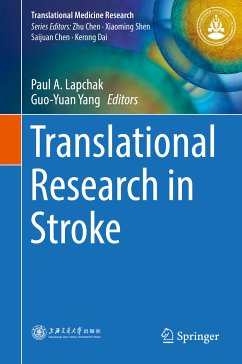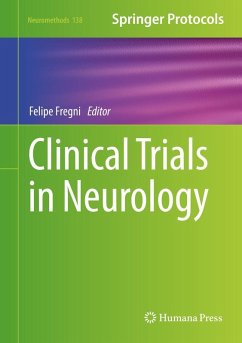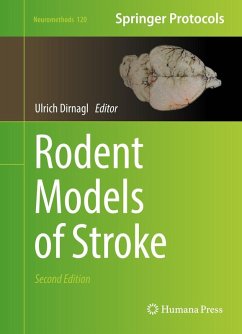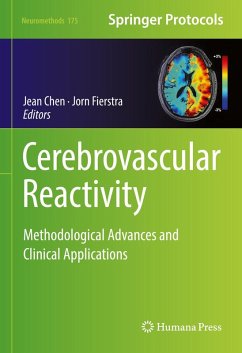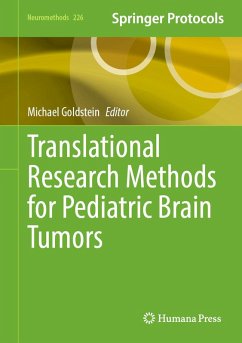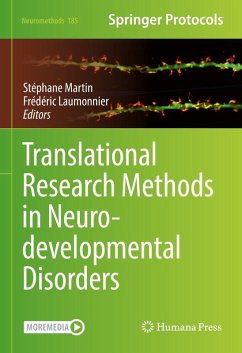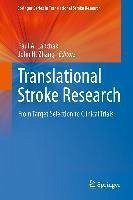
Translational Stroke Research (eBook, PDF)
From Target Selection to Clinical Trials
Redaktion: Lapchak, Paul A.; Zhang, John H.
Versandkostenfrei!
Sofort per Download lieferbar
160,95 €
inkl. MwSt.
Weitere Ausgaben:

PAYBACK Punkte
80 °P sammeln!
This volume sets a basis for effective translational research. Authored by experts in the field of translational stroke research, each chapter specifically addresses one or more components of preclinical stroke research. The emphasis is placed on target identification and drug development using state-of-the-art in vitro and in vivo assays, in combination with in vitro toxicology assays, AMDE and clinical design.
Dieser Download kann aus rechtlichen Gründen nur mit Rechnungsadresse in A, B, BG, CY, CZ, D, DK, EW, E, FIN, F, GR, HR, H, IRL, I, LT, L, LR, M, NL, PL, P, R, S, SLO, SK ausgeliefert werden.




